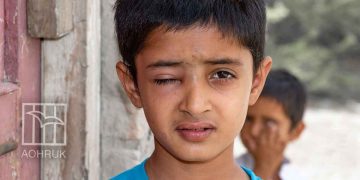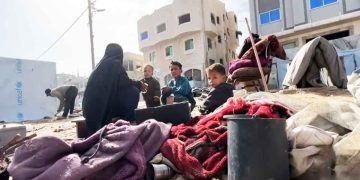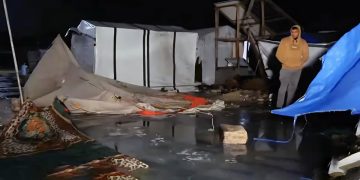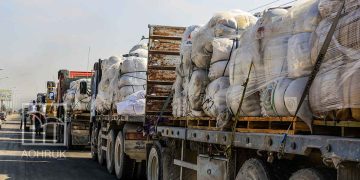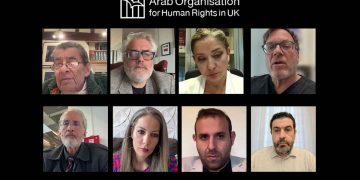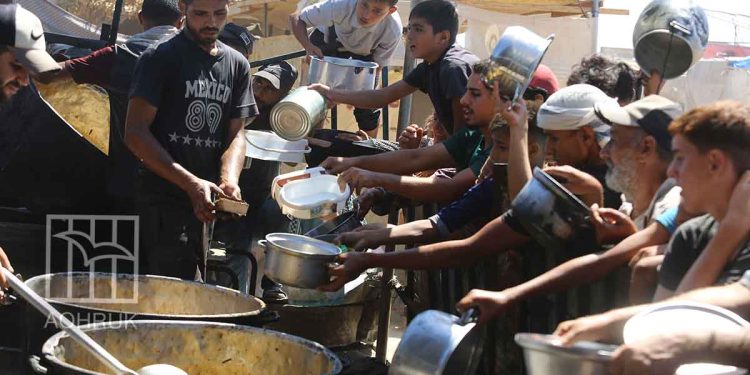Human suffering in the Gaza Strip continues at an unprecedented level, under a strict siege and acts of genocide perpetrated by the Israeli occupation forces, affecting more than 2.4 million Palestinians since 20 October 2023.
In this context, the Commissioner-General of the United Nations Relief and Works Agency for Palestine Refugees (UNRWA), Philippe Lazzarini, described the volume of humanitarian aid reaching the besieged enclave as a “needle in a haystack,” highlighting its ineffectiveness in the face of overwhelming need and the deepening catastrophe.
Lazzarini emphasised in a post on the X platform that Palestinians in Gaza have been suffering from hunger and deprivation of life’s essentials for over eleven weeks, due to the continued closure of border crossings and the occupation’s obstruction of aid deliveries.
These crossings, the lifelines for any besieged population, remain shut, blocking thousands of tonnes of desperately needed relief, while international reports confirm that what little aid is allowed in falls far short of even the minimum daily requirements.
According to Lazzarini, alleviating the crisis would require the entry of 500 to 600 aid trucks per day, operated by the United Nations, a figure that has not been met since the latest siege began in March.
These policies, which involve starving civilians and denying access to food, medicine, and water, form part of a wider war effort that makes no distinction between military and civilian targets. Hospitals, schools, shelters, and even humanitarian convoys have come under attack.
Using starvation as a method of warfare is a grave violation of international law and constitutes a war crime. Moreover, when carried out as part of a broader plan to partially or wholly destroy a national or ethnic group, it amounts to genocide.
The war has resulted in the deaths of tens of thousands of Palestinians, the majority of them women and children, with over 176,000 killed or injured, and more than 11,000 still missing. This has occurred amidst the systematic destruction of infrastructure, including hospitals, roads, and homes.
As the catastrophe deepens, the international response remains grossly inadequate in relation to the scale of the crimes being committed. The ongoing blockade on aid, alongside the targeting of relief workers and UN facilities, exposes a deliberate and systematic disregard for international humanitarian law and the most basic ethical standards that govern warfare.
Gaza is now enduring a multi-faceted humanitarian disaster: genocide, enforced starvation, mass displacement, and the systematic denial of healthcare. Every moment without a ceasefire and the establishment of secure humanitarian corridors means more death and further collapse of the fabric of life.

